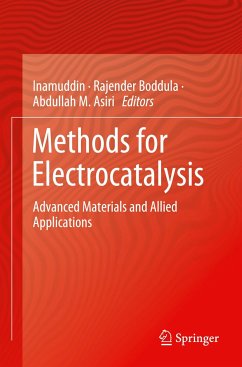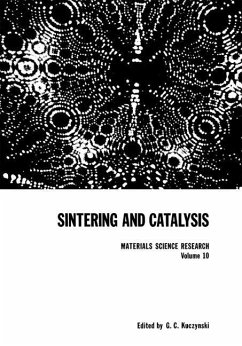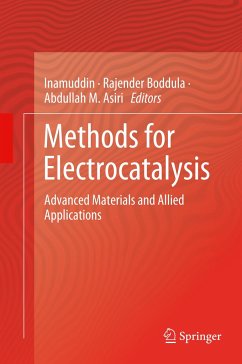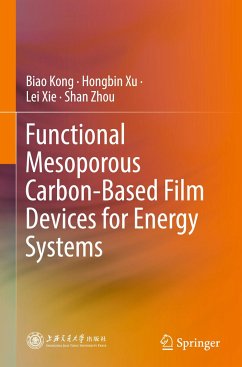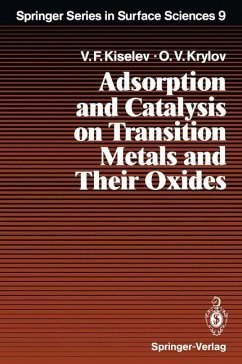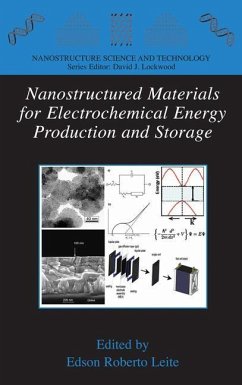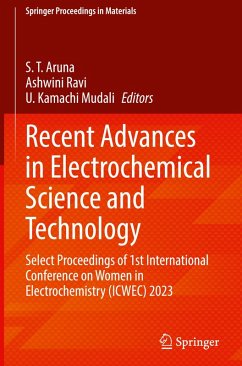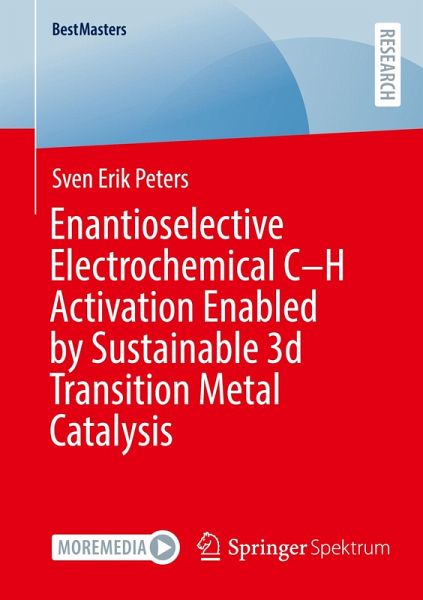
Enantioselective Electrochemical C-H Activation Enabled by Sustainable 3d Transition Metal Catalysis

PAYBACK Punkte
38 °P sammeln!
Enantioselective metallaelectro-catalyzed C H activation represents an innovative strategy for enabling the transition of organic synthesis to a more resource-economic mode of operation. It circumvents substrate prefunctionalization by directly exploiting otherwise inert C H bonds to construct complex three-dimensional scaffolds from simple molecular building blocks. Furthermore, the mild electrocatalytic conditions evade chemical oxidants, while producing molecular hydrogen as the sole by-product, enabling the connection of organic synthesis to a possible future decentralized green hydrogen e...
Enantioselective metallaelectro-catalyzed C H activation represents an innovative strategy for enabling the transition of organic synthesis to a more resource-economic mode of operation. It circumvents substrate prefunctionalization by directly exploiting otherwise inert C H bonds to construct complex three-dimensional scaffolds from simple molecular building blocks. Furthermore, the mild electrocatalytic conditions evade chemical oxidants, while producing molecular hydrogen as the sole by-product, enabling the connection of organic synthesis to a possible future decentralized green hydrogen economy.
Still, disclosed methodologies predominantly rely on noble metal catalysts. Examples using earth-abundant 3d transition metals remain scarce despite the substantially improved ecological and economic implications and diminished toxicity. This work addresses this shortcoming by investigating the first enantioselective nickelaelectro-catalyzed C H activation and various cobaltaelectro-catalyzed conversions. On this occasion, the synthetic versatility is examined and various mechanistic experiments are presented for fostering future developments.
Still, disclosed methodologies predominantly rely on noble metal catalysts. Examples using earth-abundant 3d transition metals remain scarce despite the substantially improved ecological and economic implications and diminished toxicity. This work addresses this shortcoming by investigating the first enantioselective nickelaelectro-catalyzed C H activation and various cobaltaelectro-catalyzed conversions. On this occasion, the synthetic versatility is examined and various mechanistic experiments are presented for fostering future developments.



